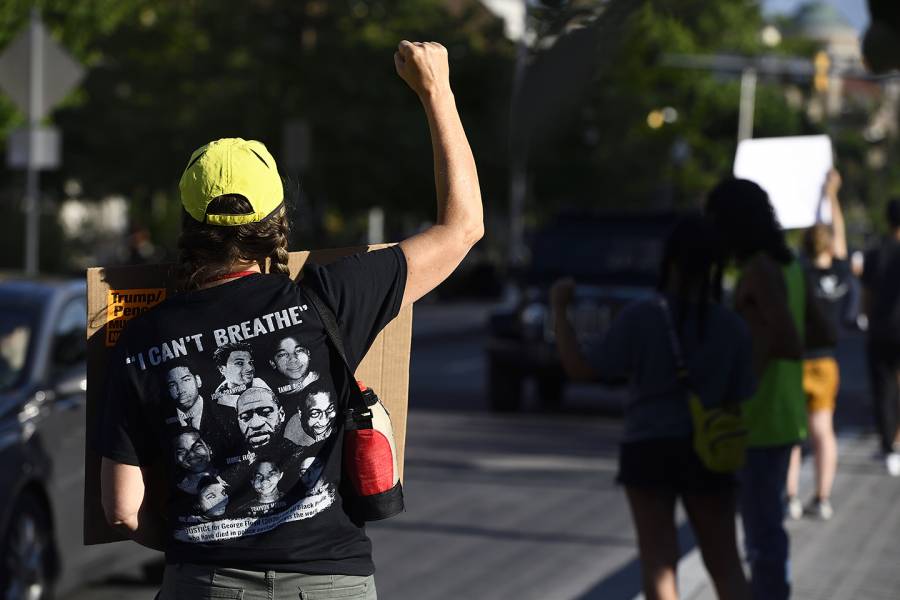Johns Hopkins bioethicist Travis Rieder had started writing an essay on the moral obligations of social distancing during COVID-19 when mass protests erupted across the nation. The demonstrations against police violence and brutality following the death of George Floyd suddenly made considering the complex ethical implications of social distancing all the more challenging.
In an essay published today in Daily Nous, Rieder, a philosopher and faculty member of the Berman Institute of Bioethics, first lays out various moral reasons for social distancing. The most compelling arguments in favor of the practice, he writes, have this in common: "[T]hey take participating in or being part of a collective effort to be valuable, even if your individual effort doesn't make a meaningful difference."
Yet Rieder reasons that the validations for social distancing do not necessarily outweigh the validations for protesting. He writes:
Read more from Daily NousHelping prevent the spread of a deadly virus is obviously valuable. But so is fighting to end systemic racism and police brutality. And the testimony of those who are most affected by the latter is telling us that they can't wait until after the pandemic to politely ask society to stop beating and killing them.
An ethics of social distancing must allow for this sort of weighing reasons to be done. Many of us, much of the time, likely have most reason to socially distance while COVID-19 is with us. That seems important to say. But these reasons likely don't ground strict obligations, and so they are more easily outweighed than other familiar moral reasons. And this also seems important to say.
Posted in Voices+Opinion, Politics+Society
Tagged ethics, social distancing









